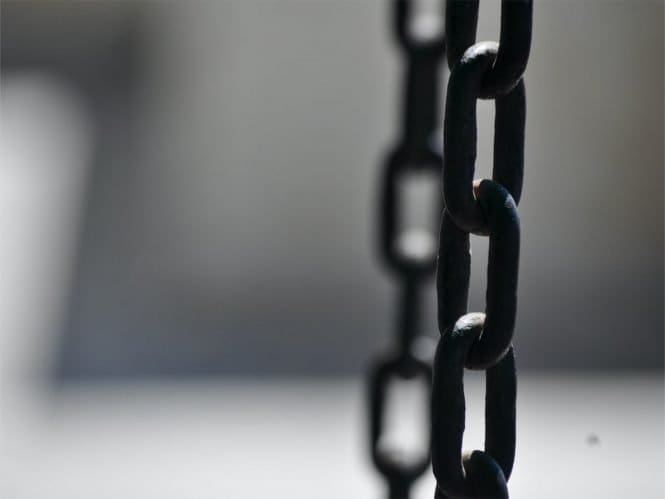The Church of England (CoE) is facing criticism over its spending priorities following calls by the Archbishop of Canterbury to pay as much as £100 million from church endowments as redress for the church’s role in slavery. The criticism came in a recent open letter issued by Save the Parishes, a coalition within the church opposed to recent clergy cuts and mergers of parishes.
In its letter, Save the Parishes noted that the CoE is in a period of decline and that most UK citizens are not Christian for the first time since the Dark Ages. The group asks that the CoE fully fund church repairs, reduce the consolidation of parishes, cut bureaucracy and diocesan overhead, and stop cutting the number of clergy per parish.
“The church has shown that it has money when it wants, for matters that it cares about. Before the church can find £100 million for this new project, it needs to show that it can sort its own house out and fund its frontline,” said Save the Parishes chairman, the Rev. Marcus Walker.
Save the Parishes also noted that the church faces a demographic cliff, with membership skewed heavily towards older cohorts.
Others criticized the announcement, but for different reasons. For example, in an op-ed to the Guardian newspaper, Dr. Steve Cushion, a faculty member of University College London, called the amount “chicken feed.” Using the methodology of previous analyses of the financial benefit to the church of the slave trade, Cushion estimates the present-day value of assets derived from slavery is £1,361,000,000. He also criticizes plans by the church to control the disbursement of funds versus asking descendants of enslaved people to make these decisions.
Drawn from the church’s endowment, which holds £9bn-plus, the funds would create a nine-year investment, research, and engagement program. No direct payments would go to descendants of enslaved people.
The dilemma facing the CoE over what to fund is similar to that facing the Episcopal Church. An analysis by Anglican Watch concludes that more than 500 TEC parishes will close in the next ten years, accounting for approximately 8 percent of the 6,294 active parishes that exist today. These closures reflect a continued acceleration in the attrition rate and are considered conservative in light of 90 percent of all parishes having fewer than 100 attendees on an average Sunday.


Leave a Reply